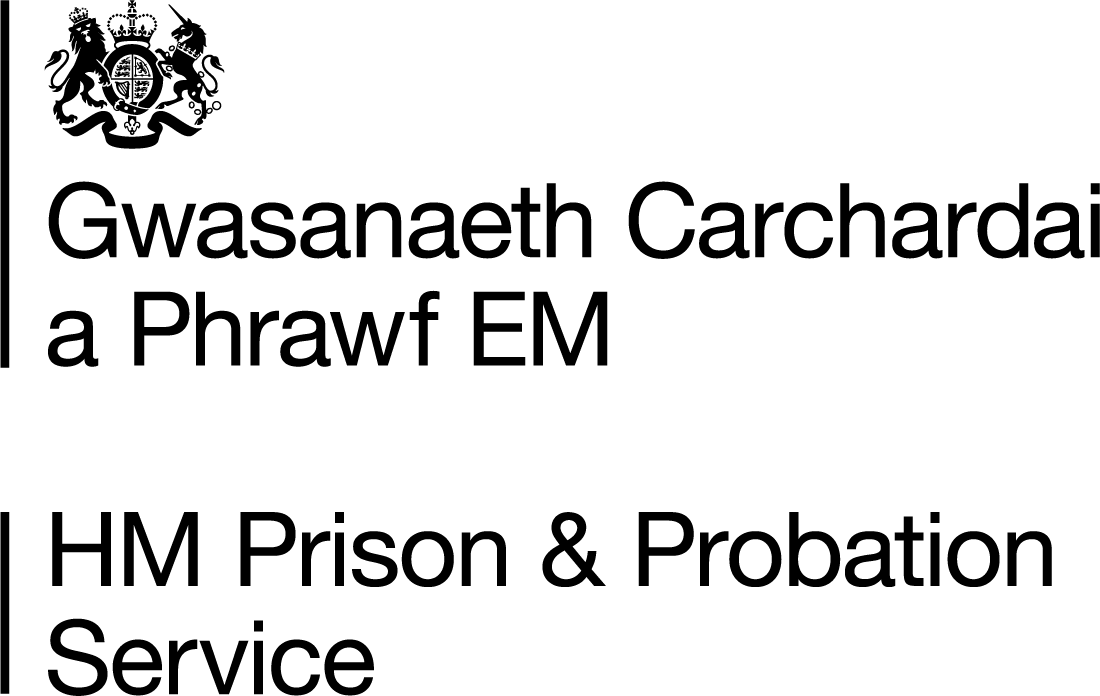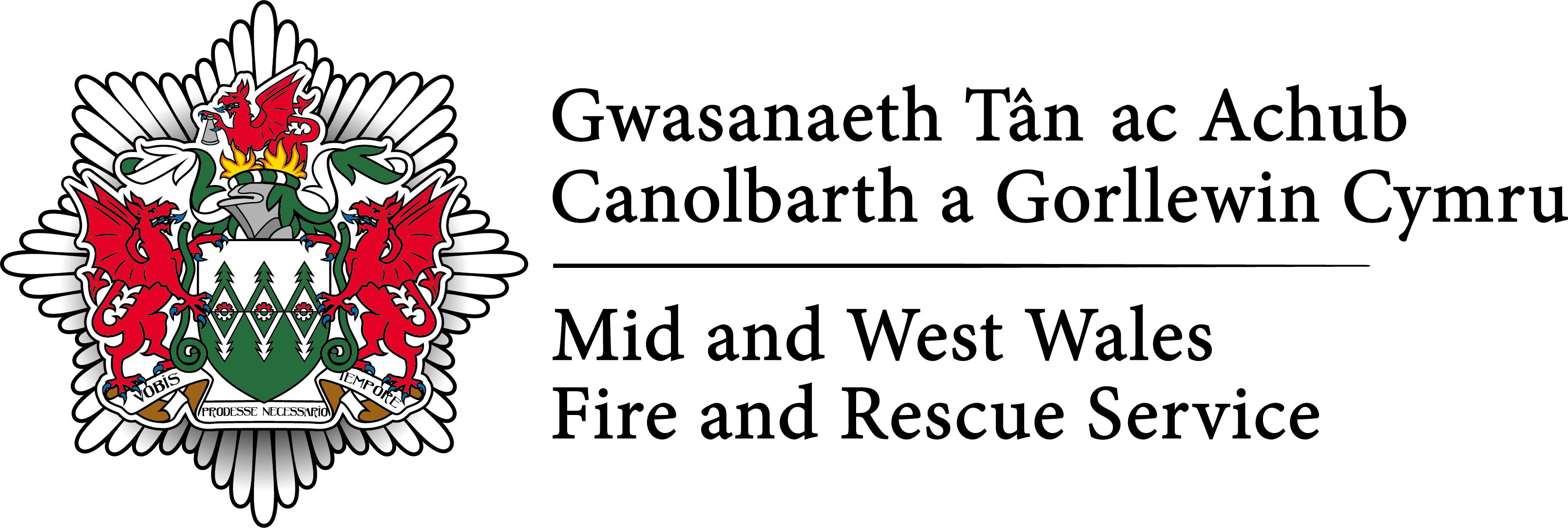- Protection from Harassment Act 1997 was amended by the Protection of Freedoms Act 2012 to include two specific offences of stalking through the insertions of sections 2A and 4A. A person convicted under either Acts may have a restraining order prohibiting the defendant from doing anything described in the order. The order can be made in addition to a custodial sentence or other sentence. The order can be useful in preventing continued stalking and harassment by defendants / perpetrators.
- Protection of Freedoms Act 2012 stalking offences which are also racially and religiously related are covered under Part 11 schedule 9
- Crime and Disorder Act 1998: Section 32 of the Crime and Disorder Act 1998 provides for two racially or religiously aggravated harassment offences.
- Domestic Violence, Crime and Victims Act 2004 extends the availability of restraining orders to all offences providing the court with the power to make a restraining order even when a person has been acquitted, to protect a person from ongoing stalking or harassment from the defendant.
- Serious Organised Crime and Police Act 2005 sets out the requirements for conduct.
- Family Law Act 1996 Part IV allows a victim to apply for an injunction through a County Court under the PHA 1997. An injunction can forbid the perpetrator from doing certain things when the police do not charge the person.
- Stalking Protection Orders (SPOs) were introduced in January 2020. They allow courts in England and Wales to move quicker to ban stalkers from contacting victims or visiting their home, place of work or study. This will grant victims more time to recover from their ordeal. In addition to banning perpetrators from approaching or contacting their victims, SPOs can also force stalkers to seek professional help.
Stalking Protection Orders issued under Stalking Protection Act 2019 can be applied for at any point not just pre-conviction to the court by the police.










